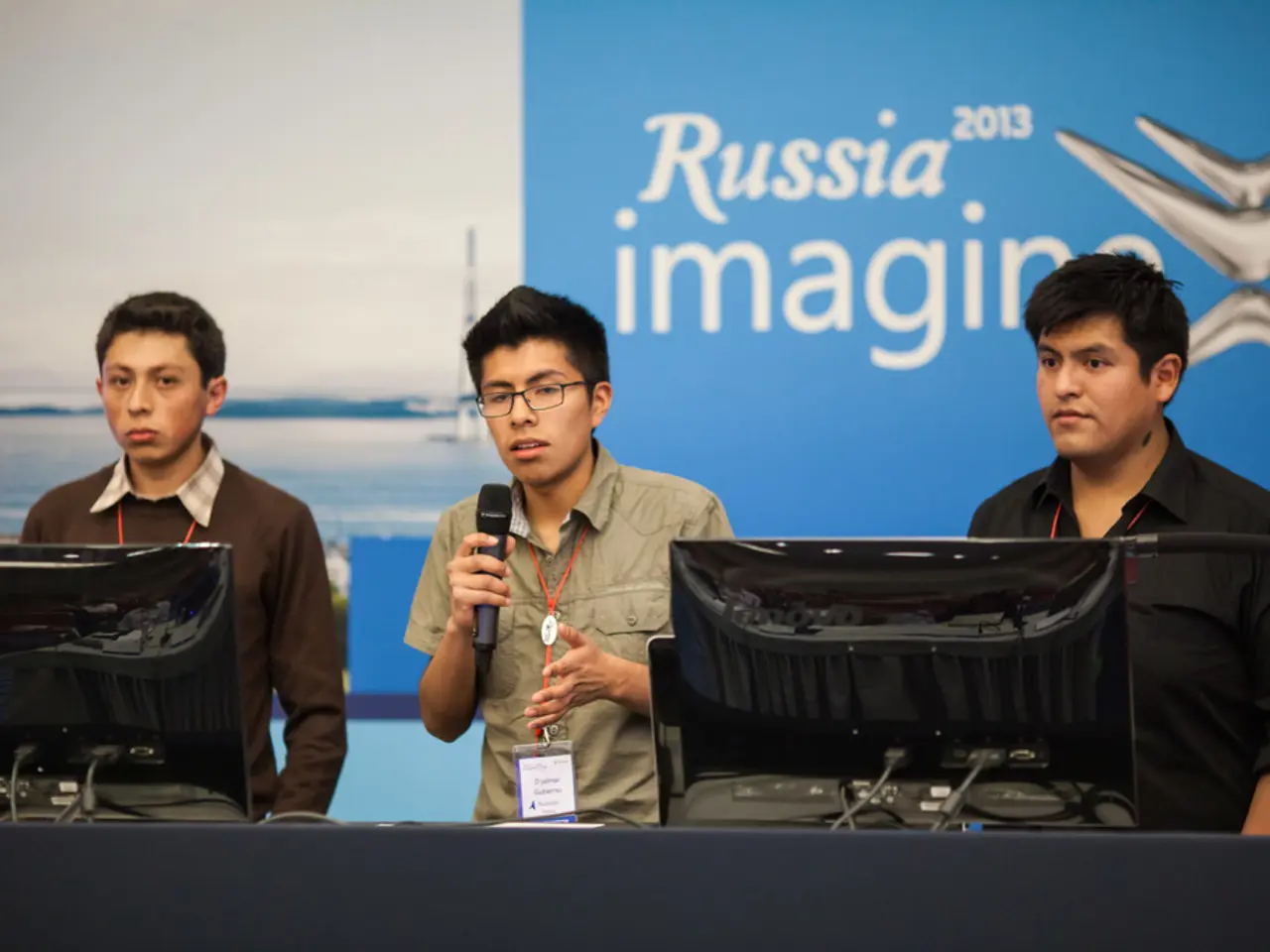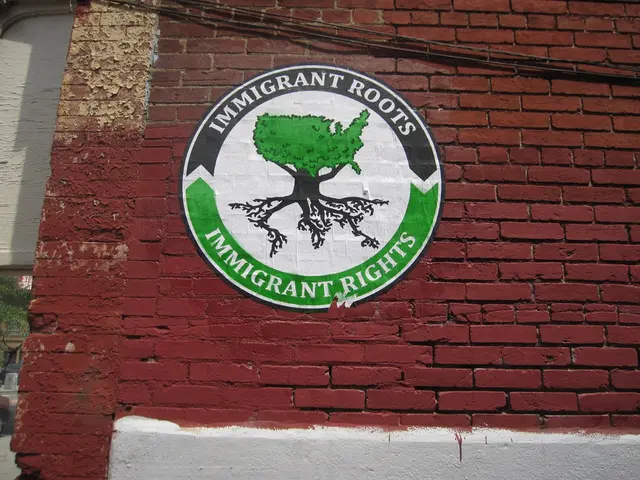NATO and European powers pondering guarantees for Ukraine's security
In the aftermath of President Donald Trump's meeting with Ukrainian President Volodymyr Zelenskyy and European leaders in August 2025, the status of proposed U.S. and European security guarantees for Ukraine remains uncertain.
Trump signalled a willingness to provide some level of U.S. security guarantees, but emphasised a primarily European role in frontline defence. The U.S. contribution is expected to continue as arms sales, intelligence support, and possibly air support, but without committing to deploying U.S. troops on Ukrainian soil, which Trump explicitly ruled out.
Key points on the current status of the guarantees include:
- No endorsement of NATO membership or U.S. troops in Ukraine by Trump, despite it being widely recognised as the most effective long-term security guarantee for Ukraine. Any short-term guarantees would likely consist of a "layered" approach rather than a single, strong commitment.
- European allies are expected to bear the first line of defence, with the U.S. playing a supportive but more transactional role related to weapons, intelligence, and air power.
- Consideration of civilian monitoring missions led by neutral organisations to stabilise any ceasefire lines where Russian troops might remain is among the proposed measures to reduce the risk of renewed hostilities.
- The U.S. and allies are careful to avoid repeating the mistakes of the 1994 Budapest Memorandum, which failed to prevent Russian aggression and thus cannot be relied on for future security.
- Trump expressed intentions for a trilateral summit involving Zelenskyy, Putin, and himself as a diplomatic step, but significant obstacles remain, primarily Russia's refusal to recognise Zelenskyy as a legitimate leader.
In summary, the proposed security guarantees by the U.S. and European allies after Trump's meeting are currently non-binding, layered, and mostly reliant on European forces and support, with the U.S. providing indirect but substantial assistance short of a formal troop deployment. Stronger, binding guarantees such as NATO membership remain off the table for now.
Read also:
- United States tariffs pose a threat to India, necessitating the recruitment of adept negotiators or strategists, similar to those who had influenced Trump's decisions.
- Weekly happenings in the German Federal Parliament (Bundestag)
- Southwest region's most popular posts, accompanied by an inquiry:
- Discussion between Putin and Trump in Alaska could potentially overshadow Ukraine's concerns








